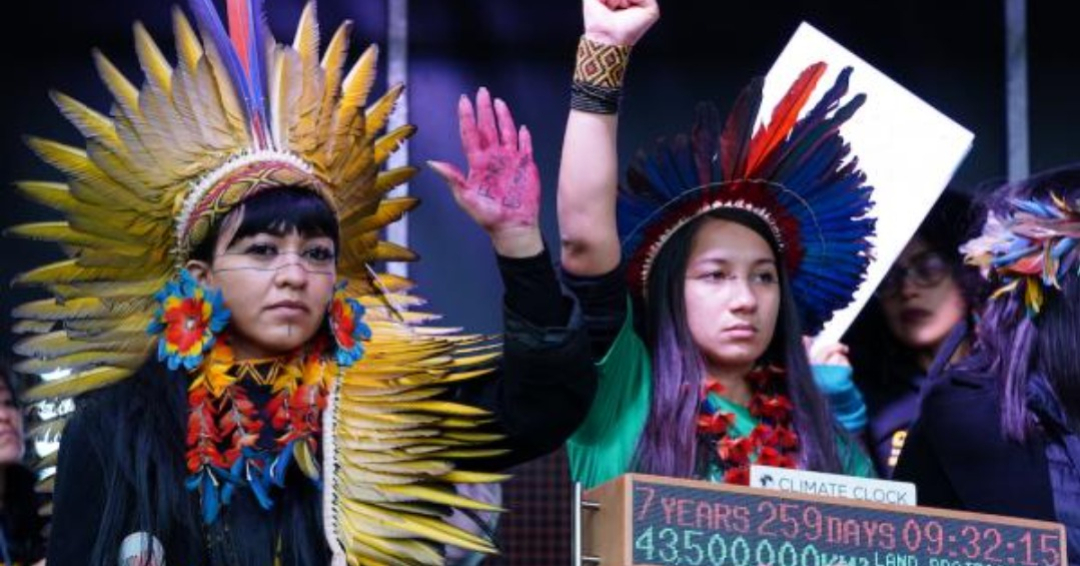In March 2021, the UN declared that indigenous people are the best guardians of the forests; and UNESCO, since October 2021, has stated a strict connection to the preservation of biodiversity, cultural diversity, and linguistic diversity, especially by indigenous communities. However, a 2022 study, published in the Journal of Global Indigeneity, exposes how the media largely ignores this knowledge and specialised science that is key to combatting the current climate crisis. The journal article states: ‘…to experience the current world is to be immersed, to a greater or lesser extent, in media culture. It shapes behaviours, opinions, and identities; shows what is considered beautiful or ugly, good or bad, positive or negative, etc.; and ignores what ‘currently’ is considered uninteresting or marginal.’ You can read the full article here.
By following the wisdom of our indigenous leaders, the Church has an opportunity to ensure that the way we engage with the climate crisis is mātauranga led and Mihinare grounded. Mujerista theologian Sandy Ovalle Martínez, in a 2021 article for Sojourners Magazine writes ‘If we treat climate as a distant disembodied concept — a collection of weather patterns in a region — rather than as the interactions we have with our relatives in nature, we will continue to fail to address the right problem. We will continue to buy into the logic of coloniality that separates us from land.’ Read her full article here.
